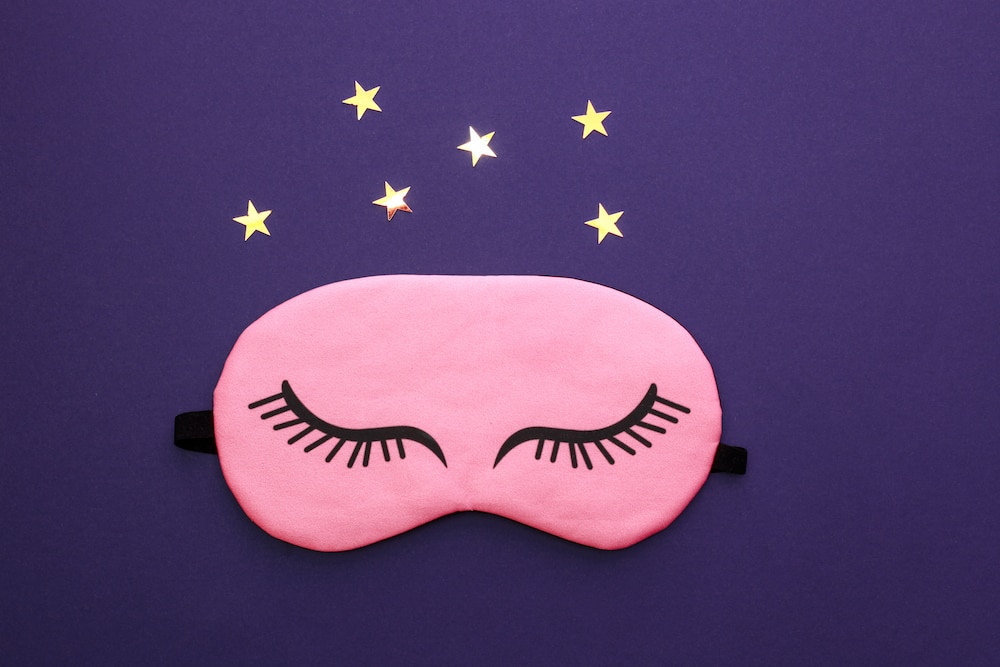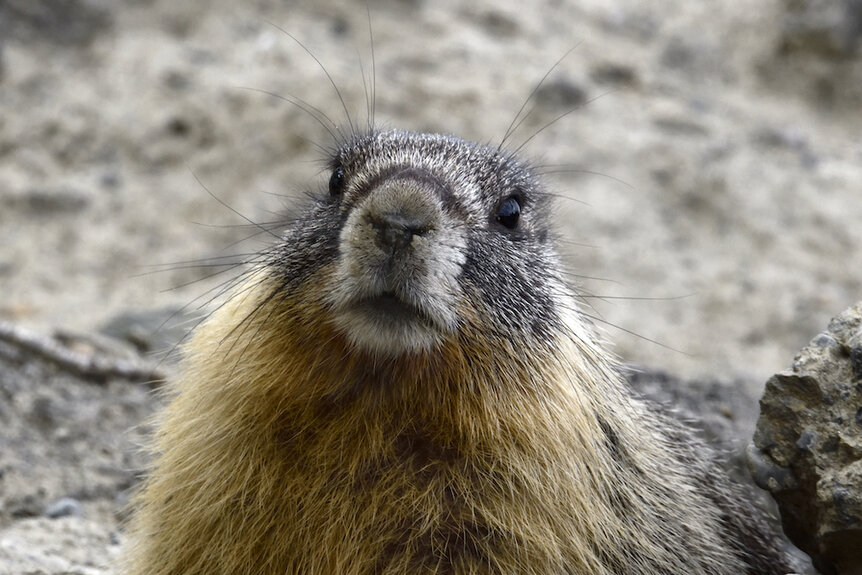Create a free profile to get unlimited access to exclusive videos, sweepstakes, and more!
The secret to living longer may be getting your beauty sleep, as in hibernation
Forget the Botox, remember the yellow-bellied marmot.

Nothing on this mortal coil is eternal, but who doesn’t want to live longer?
Humans have one of the longer lifespans when compared to most other creatures. While there is a hypothetical age at which our bodies would not be able to hold up anymore, and longevity can be genetic, there might be a way to temporarily hold of mortality. Maybe sleep is the answer we’re looking for in the quest for (almost) eternal life — not literally, but adding some years might at least feel like living forever. Except it’s not sleep. It’s more like torpor.
Some hibernating animals have shown that they live longer than expected for something with their body size. When studying yellow-bellied marmots, biologist Julien Martin of the University of Ottaway in Canada, who recently led a study in Nature Ecology and Evolution, found that they put the brakes on aging for the 7 to 8 months they hibernate. This could someday mean a breakthrough in keeping organs from deteriorating before a transplant or helping astronauts survive otherwise punishing missions to deep space.
“Hibernation is associated with a strong decrease in physiological activity,” Martin told SYFY WIRE. “The long period of time spent in torpor can be a driver of slower aging because of the reduced physiological activity. Less physiological activity means slower aging.”
It’s hardly magic. Hibernation never evolved in our species. The human body is not made to stay inactive for so long, especially with so many studies finding adverse side effects of staying in bed for days on end, similar to how microgravity in space degrades muscle tissue because muscles used to Earth’s gravity suddenly do not have to do any work to stay afloat in thin air. Creatures that hibernate developed this ability because they needed a way to adapt to extreme conditions (such as brutal winters or scorching summers) they would otherwise not survive.
Getting through a deep freeze is possible for yellow-bellied marmots and other hibernators because the amount of energy needed by an organism that is barely moving plummets, an advantage when food is scarce. Part of the reason they live longer than expected could also be that they hide away where predators are unable to break in. They experience cycles of about two weeks of torpor, when body temperature drops and all bodily processes slow down drastically, and arousal periods when their body temperature normalizes for about 24 hours before torpor sets in again.
“There is a high possibility that some of the mechanisms involved in the cellular maintenance during arousal period in hibernation are the key to the slower aging at the genetic level,” he said.
Martin thinks that the processes reviving tired and stressed cells might either not result in aging or possibly reverse or decrease genetic aging. The slowdown of torpor causes cellular stress and damage. Anything that hibernates has to rely on its fat reserves for energy. About half of an animal’s mass is lost, and its gut atrophies. Eventually, heart rate rises, which sets off increased metabolic activity, and the animal takes a few deep breaths to refuel with oxygen before sinking into torpor again. The cellular activity that happens during arousal repairs damage and reduces stress. Whatever might be behind cellular maintenance is not fully understood yet.
Epigenetic aging, or aging caused by outside factors, such as free radicals, that act on DNA, was also found to be reduced in hibernating marmots. Though chronological age and biological age are related, multiple factors, including a process that regulates how genes are expressed, can make your biological age lower than the actual years you’ve been on this planet. But could hibernation be induced in human astronauts to keep their bodies from wasting away? If another study found that yet another process switched on during hibernation restores lost muscle, it could be possible.
“Studying marmot hibernation is certainly a step in the right direction towards human hibernation someday, but we are still quite a long way from it,” said Martin. “I don't know, but I certainly dream it will be possible.”



























